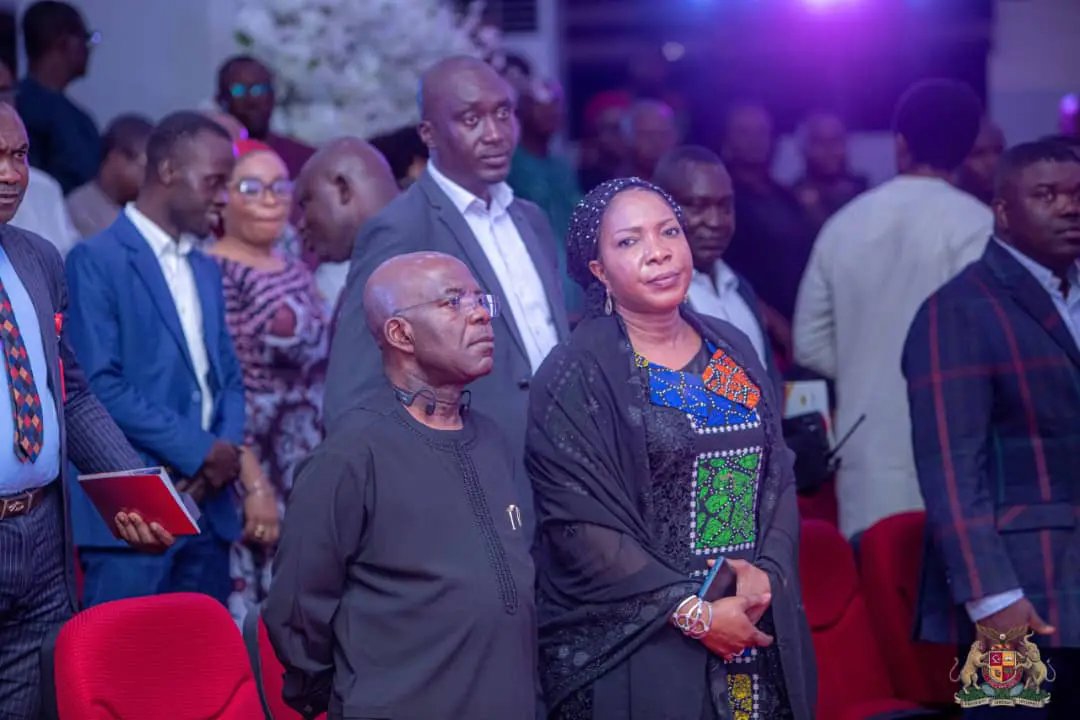Nigeria’s battle with clean water is real, whether it’s borehole water giving off a funny smell, sachet water you’re never quite sure about, or tap water that sometimes looks murky. If you’ve ever hesitated before taking a sip, you’re not alone. In 2024, several states experienced cholera and typhoid outbreaks, which were traced back to contaminated water supplies, reminding us all that having a reliable water purifier at home is more of a necessity than a luxury. But with so many options on the market, how do you know which purifier is worth your hard-earned naira? I’ve closely examined the top models for Nigerian homes in 2025—breaking down how they work, what makes them stand out, and exactly where to buy them. How Does a Water Purifier Work? Unlike a water filter with a simple filtration process, a water purifier employs three methods to purify water and make it safe. You’ll see “RO”, “UV”, “UF”, and “activated carbon” thrown around. Here’s what those terms mean:Reverse Osmosis (RO): RO removes up to 99% of Total Dissolved Solids (TDS), making it ideal for high-mineral boreholes or tap water use. It needs a steady electricity supply and decent water pressure (around 20–30 PSI). It also discards about 30–40% of the water as wastewater, so you’ll want to consider that in areas with scarce suppliesUltraviolet (UV) Purification: A UV purifier uses ultraviolet light to remove bacteria, viruses, and protozoa. It doesn’t remove dissolved minerals but is a champ at sterilising microbes. Since it only needs about 12–15 watts, a small inverter can keep it running during short power outages.Ultrafiltration (UF): Think of UF as a middle ground between RO and UV. If you choose a gravity-fed model, it uses a slightly larger pore membrane to block suspended particles, bacteria, and some viruses without electricity. UF can’t eliminate dissolved salts or heavy metals, but it’s perfect if your water’s TDS is already low (under 300 ppm) and you mainly worry about microbes and sediment.Activated Carbon Filters: Carbon filters are often paired with RO or UV units, but they can also serve as standalone options if your water is relatively clean, aside from issues with taste and smell.Gravity-Based & Ceramic Models: No electricity? No problem. Ceramic filters use tiny pores to trap bacteria and protozoa, while a carbon core can also improve taste. The trade-off is speed: filling an 18-litre tank might take several hours. But these are lifesavers for off-grid homes or rural areas with erratic power. Top Water Purifiers for Nigerian Homes (2025) 1. Legend 32 Litres Water Purifier & Dispenser If you’re tired of buying sachet water or boiling pots daily, this non-electric, 8-stage Legend purifier delivers mineral-rich, germ-free water from your countertop. With a generous 32-litre capacity and an alkaline pH tester included, it keeps your family hydrated. Its ceramic dome, combined with multi-layer media, tackles microbes, heavy metals, and bad taste, so what you pour is safe and balanced in pH and minerals. It also features Activated Carbon with Silver Carbon Granules, which reduces chlorine, organic chemicals, odours, and colour.Price: ₦75,000. Where to Buy: Shop Cleaneat.ng 2. Ultraviolet (UV) Water Sterilizer & Purifier Tub This inline UV system delivers chemical-free disinfection at up to 45 L/min, removing bacteria, coliforms, E. coli, and other microbes in one pass. Its audible and visual lamp-failure indicator ensures you never miss when the UV lamp needs replacement—a feature few budget models offer. It’s cost-effective and protects your family from waterborne illnesses without bulky tanks or complex plumbing.Why You’ll Love It: This UV steriliser runs quietly and efficiently. There is no tank or pump noise or chlorine taste. With minimal running costs (just electricity and an annual bulb change), you get continuous, chemical-free protection.Price: ₦57,000. Where to Buy: Shop CleanEat NG 3. Kent Grand Plus RO+UV+UF The Kent Grand Plus RO+UV+UF features an 8-litre storage tank, a 6-stage purification process including sediment, carbon, RO membrane, UV lamp, UF membrane, TDS controller, and mineraliser, and requires electricity with a minimum of 20 PSI (Per Square Inch) water pressure, possibly needing a booster pump.Best for: Borehole water in Lagos, Port Harcourt, or Onitsha—any area where TDS regularly exceeds 1,000 ppm.Price: ₦406,847.94 Where to Buy: Buildings and More. 4. 5-Stage Drinking Water Purifier
Discover more from viewnowafrica.com.ng
Subscribe to get the latest posts sent to your email.



